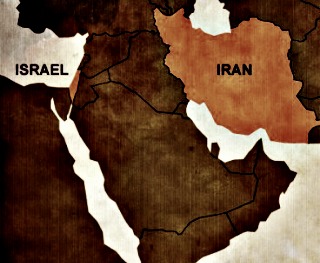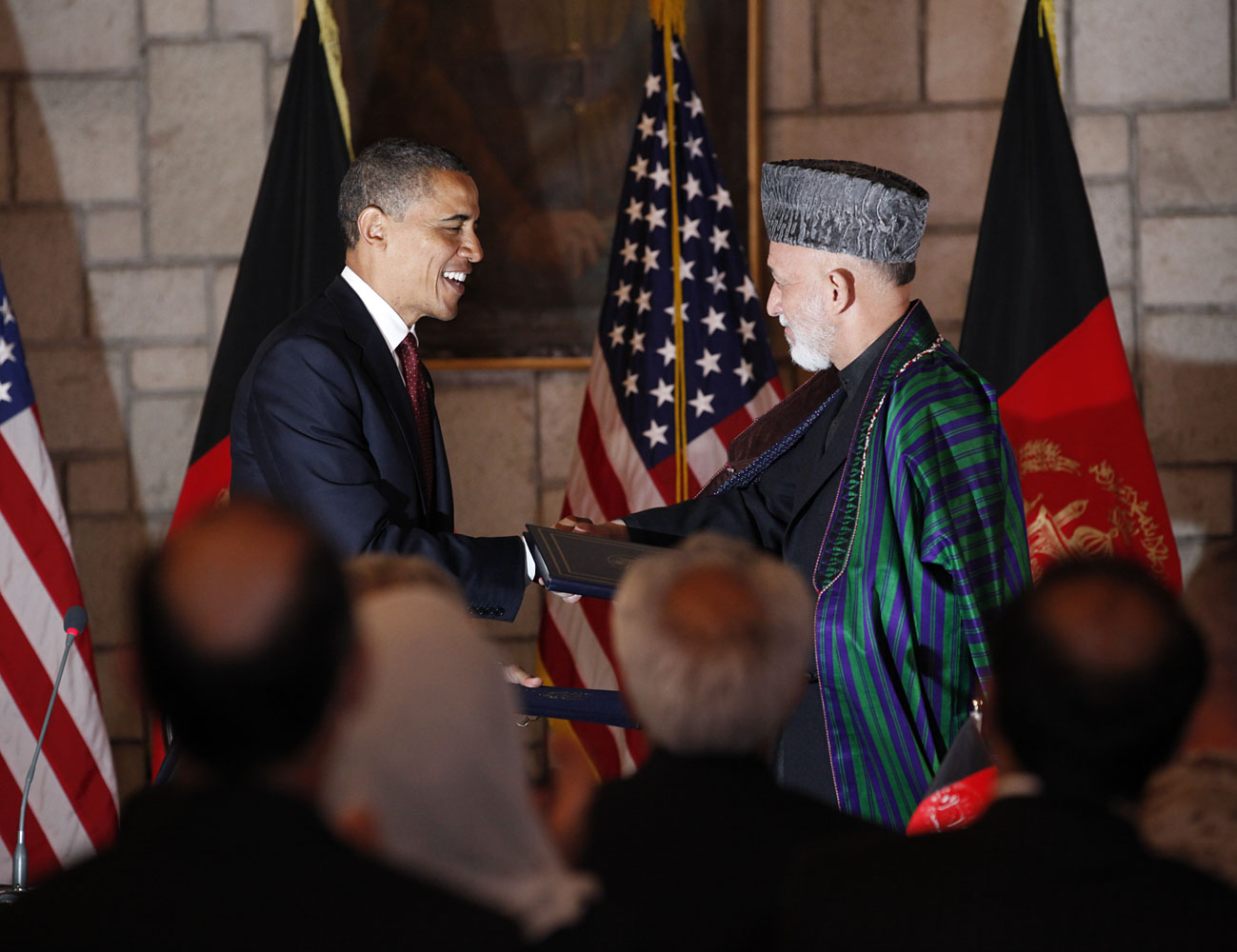The NATO Council of Canada had the opportunity to sit down with Professor Alan Dowty from the University of Notre Dame. Professor Dowty is a foremost expert on Middle East International Relations and Israeli politics, and recently served his second time as a Visiting Fellow at the Oxford Centre for Hebrew and Jewish Studies, Oxford University. Given the current Iranian-Israeli standoff Alexander Corbeil of the NATO Council undertook an interview with the esteemed professor to shed light on the intricacies of the Iranian nuclear program and the possibility of an Israeli airstrike.
In your opinion, what are the core events which have lead up to the current Israeli-Iranian standoff?
In a broad perspective, the key events in the evolution of the conflict were the successive revelations of Iranian advances in nuclear technology: the existence of the Natanz enrichment facility in 2002, the beginning of enrichment to a 3.5% level in 2006, the existence of a second and better protected enrichment facility at Fordo, near Qom. in 2009, and the announcement of enrichment to the
20% level in July 2010. But the direct impetus to the crisis atmosphere of the last few months seems to be related to the more recent announcement of plans to move Iran’s enrichment facilities entirely to the Fordo site, which would make the program much less vulnerable to any outside attack. This development, together with a possible desire to bring the matter to a denouement before the U.S. Presidential election, seem to be behind the Israeli push for decisive action on the shorter time schedule.
Given Israeli Prime Minister Netanyahu’s recent meeting with President Obama, what role does America play in this current crisis, particularly in an attempt to defuse the situation?
The U.S. role is central. Israel would obviously prefer that the international community, led by the United States, take the lead in keeping the Iranian nuclear program from moving into the military sphere. This means deferring to the U.S. lead so long as it appears that there is a reasonable chance that it will achieve this end, whether by diplomacy and sanctions alone or by more forceful means. Thus the U.S. role in defusing the situation is critical; it is only by making the “international” solution credible that unilateral action by Israel is averted.
Is an Israeli strike on Qom, and other nuclear facilities immanent?
Furthermore, given the fact that the three major players (Israel,
Iran, and America) are currently in election cycles, is much of the
ongoing rhetoric for domestic consumption rather than geo-strategic
brinksmanship?
So long as Iran does not move to enrich uranium beyond the current level (20%) — a move that would presumably be quickly detected by the International Atomic Energy Agency (IAEA) inspection — the United States and other Western countries will not view the situation as urgent enough to require military action, and will try to dissuade Israel from taking this route. But Israel may be acting on another timeline, related not to the actual production of weapons-grade fissile material (90%) but rather to the shifting of enrichment facilities to a more impregnable location, as noted above. So while an attack by Israel would not seem imminent by overall strategic considerations, this could change if the move to Fordo seems to be moving forward.
Domestic political considerations may be a factor, but since opinion over a military attack is deeply split in both the United States and Israel, it is not so simple. The Obama administration would certainly like to delay any dramatic development until after November, and for this reason is trying to tamp down rhetoric on the issue rather than stir it up. As noted this may provide some motive for Israel to push the issue during this same time frame, but the political value of doing so within Israel itself is not clear given the deep divisions there. In Iran the domestic political considerations do not seem significant since both major factions within the ruling elite –Ahmadinejad and the clerics — are on the same page on this issue.
What assets do you believe the Iranian regime would employ in retaliation to such an attack?
Conventional wisdom says that Iran would strike as hard as possible against Israel (in case of an Israeli attack), but would try to avoid responses that would pull in the United States. There is clearly a capacity to launch missile strikes on Israel, to unleash Hizballah (with a reported 40,000 or more missiles) on Israel’s Lebanese border, and to employ terrorist cells against vulnerable Israel (and Jewish?) targets in other countries. Iran could possibly slow down or temporarily halt the flow of oil through the Strait of Hormuz, and that together with the general impact of a threatened Middle East War would make the “oil weapon” all too real. Other options open, such as attacks on nearby Saudi oilfields or attacks on U.S. and Western targets, seem less likely because they would almost certainly invoke a U.S. response that the Iranians would be seeking to avoid if they act prudently — but there is no guarantee of that, conventional wisdom notwithstanding.
Is there any alternative way, short of military force, to attempt to end the standoff?
Sanctions are obviously beginning to squeeze the Iranian economy very seriously, to judge by recent Iranian statements and behavior. But this will take time to play out. One idea that might help to unlock
negotiations on the issue would be to draw the line in the sand at a different place. Rather than forbidding the Iranians from any capacity to enrich uranium — a capacity which a number of other
non-nuclear-weapon states have — the international community could draw the line at the current 20% (theoretically useful as a reactor fuel) in return for an Iranian commitment not to go beyond this level, which the Iranians, in denying pursuit of nuclear weapons, have never indicated any intention of doing. In other words, by conceding the polite fiction of the “complete fuel cycle” that the Iranians claim as their only goal, the outside world might be able to lock them into a situation in which any violation would be clear evidence of military intentions, would be quickly detected, and would certainly invoke a much stronger international response that would be more effective than current efforts.



